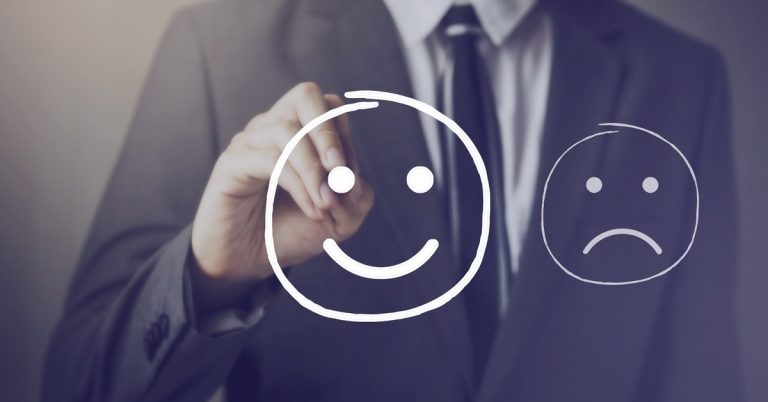For most of us, the answer to this questions is… NO.
But that’s not what science is supporting. Research is suggesting that breaks–whether a short walk away from your computer or a full vacation–actually increase productivity, creativity and attention.
It’s exciting to see studies like these that shake up our beliefs and teach us about what makes a great workplace – and it is our mission is to help you put these new science-based insights into action. It is also our mission to walk the talk, so from mid-June to mid-July, the Happy Brain Science team was on a summer break, helping us to recharge, reconnect and refocus!
Now we want to leave you with some research and tips for taking a break of your own. According to the science, here are three reasons to take a real break from work:
- Taking a break improves your ability to focus.
- Daydreaming while taking a break boosts your brain’s problem-solving abilities.
- Taking a step back during a break helps you to reevaluate and reconnect with your goals.
The research is clear: when you feel unable to focus, need to solve a problem, or want to reconnect to your goals, it may be beneficial to take a break!
Below are just a few ideas to help you experience the brain-boosting benefits of a break in any work day:
- Take a nap – If you can, take a 20 minute rest at work, especially in the mid afternoon. Brief naps restore energy, reduce errors, and boost mood.
- Workout – Create whatever workout space you can, grab a pair of hand weights at your desk, or go out on a light walk. Exercise boosts health brain function and mood.
- Catch up with a friend – Do something with others instead of alone. Relationships are a huge factor in our happiness and doing things with others tends to boost our mood and effectiveness.
Take a break and tell us how it goes!
This article originally appeared on HappyBrainScience.com.
Follow Happy Brain Science on Facebook and Ayla Lewis on Twitter.

